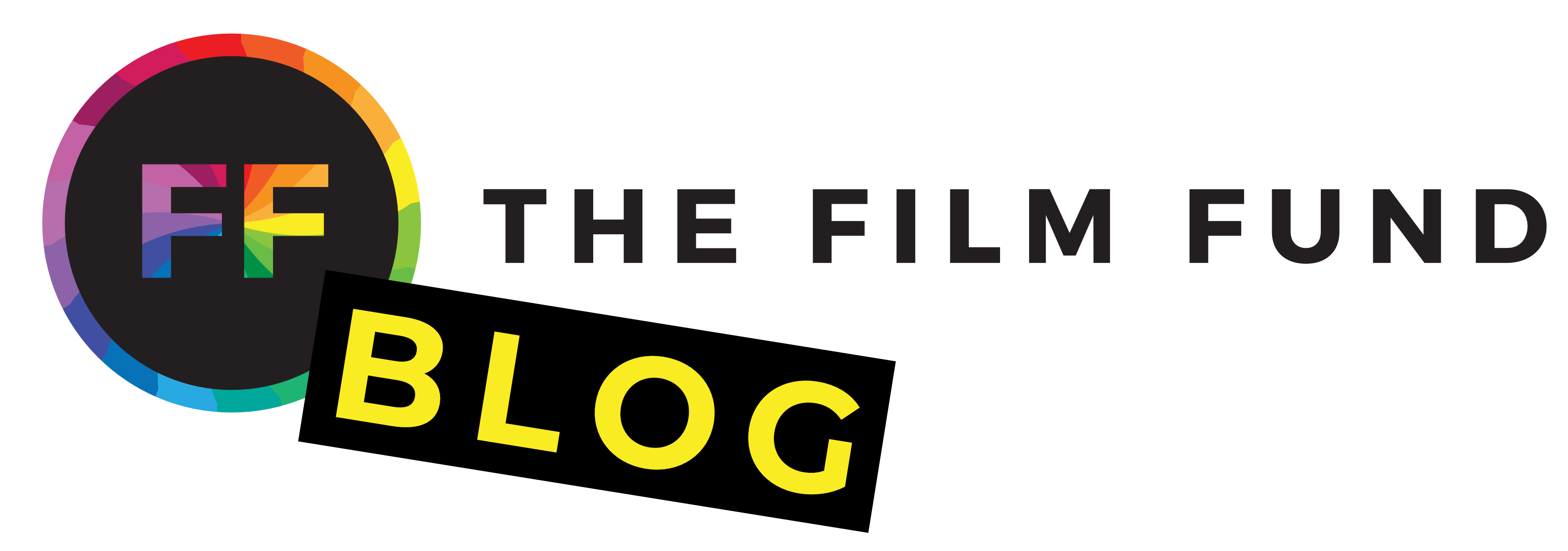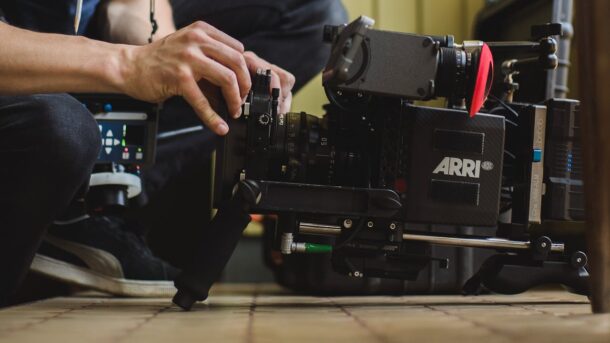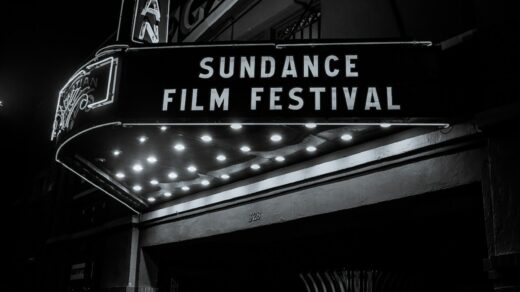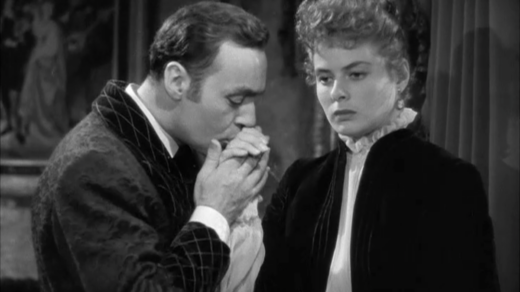So, you’ve been honing your craft in the world of short films, weaving stories, and capturing moments in succinct, impactful ways. But now, you find yourself yearning for something more—a bigger canvas, a grander stage. It sounds like you’re ready to make the transition to crafting a feature-length film!
Transitioning from crafting shorts to diving into feature-length projects is like stepping onto a new terrain. It’s not just about stretching your story but embracing a whole new mindset. Shorts are like short stories—compact, focused, and often leaving much to the imagination. Features, on the other hand, demand a deeper dive, a more intricate narrative weave that sustains attention over a longer runtime. It’s a shift from sprinting to pacing, from the concise to the expansive.
Going forward, we’ll delve deep into the intricacies of making the leap from shorts to features. From refining your storytelling prowess to navigating the labyrinth of production and distribution, we’ve got you covered. Each section is packed with practical tips, real-life insights, and inspiration to fuel your journey.
Understanding the Difference Between Shorts and Features
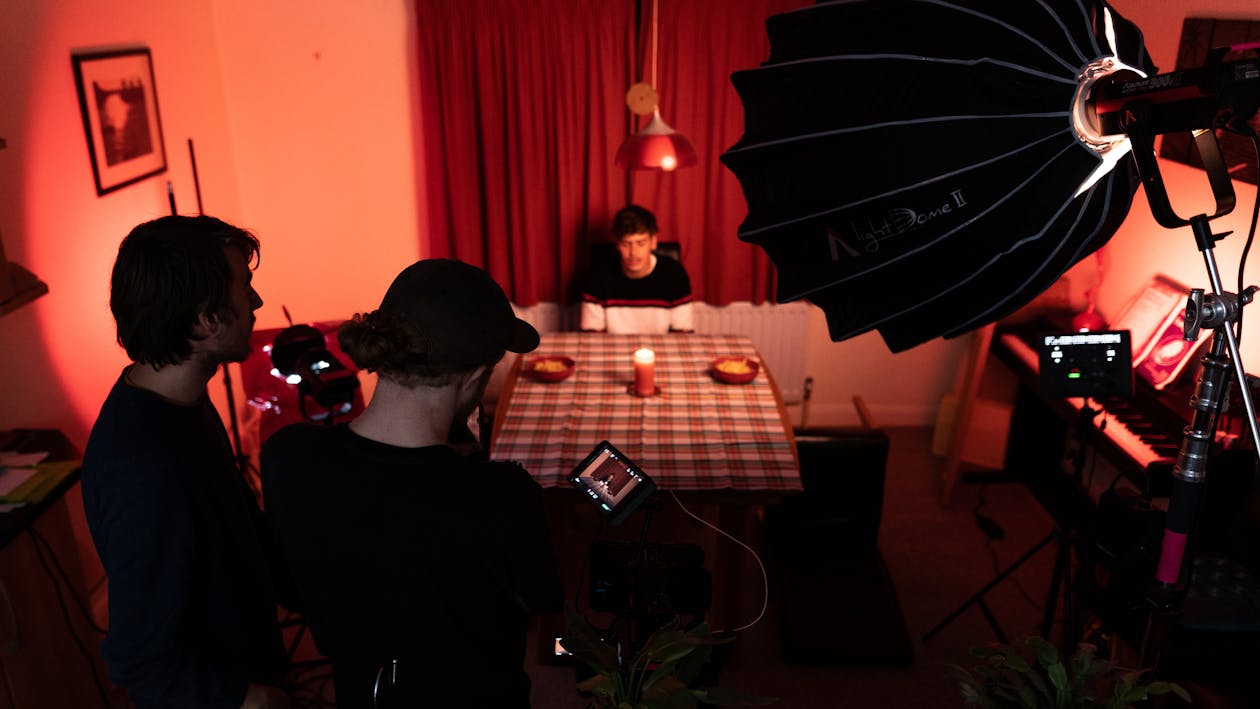
Defining Short Films and Features
Let’s start simply by examining the difference between a short film and a feature-length film. Short films are like bite-sized stories, offering a glimpse into a world, a character, or an idea in a concise and impactful manner. They’re often used to experiment with different techniques, hone filmmaking skills, or convey a powerful message in a limited time frame. On the other hand, feature-length films are the main course, inviting audiences to immerse themselves in a rich and complex narrative for an extended period.
Crafting Stories on Different Scales
Short films thrive on brevity, requiring filmmakers to distill their ideas into a compact yet compelling narrative. Every frame, every line of dialogue, must serve a purpose in advancing the story within a limited runtime. Feature-length films, however, offer filmmakers the luxury of space and time to explore characters, subplots, and themes in greater depth. It’s like painting a masterpiece on a larger canvas, allowing for more intricate details and layers of meaning to unfold.
The Challenge of Sustaining Engagement
One of the biggest differences between shorts and features lies in their ability to sustain audience engagement over time. Short films must hook viewers from the get-go and deliver a satisfying payoff within a few minutes. Features, on the other hand, require a delicate balance of pacing, tension, and character development to keep audiences invested for the duration of the film. It’s a marathon, not a sprint, and pacing becomes a crucial element in holding attention and building emotional resonance.
Leveraging Your Experience with Shorts
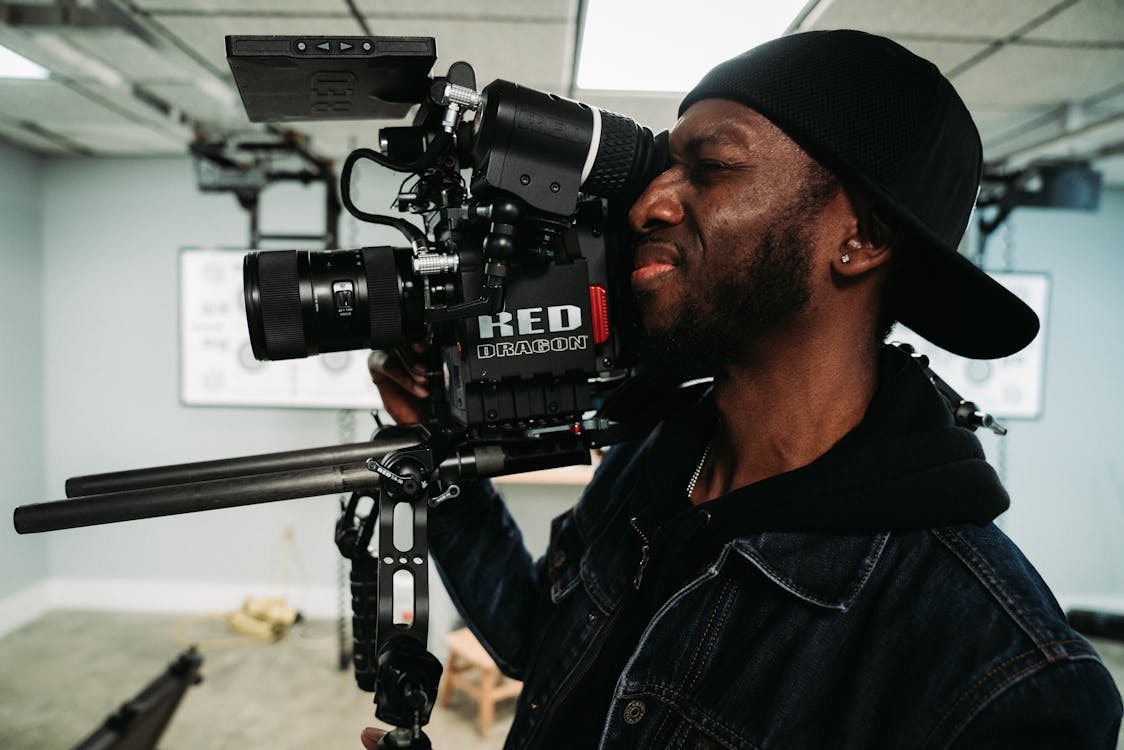
The Value of Short Film Experience
Every short film you’ve made has been a learning experience, helping you hone your craft, refine your storytelling techniques, and discover your unique voice as a filmmaker. Whether it’s mastering the art of visual storytelling, experimenting with different genres, or overcoming production challenges on a limited budget, each project has contributed to your growth and development as a filmmaker.
Applying Skills to Feature-Length Projects
The skills you’ve acquired from making short films are not only transferable but invaluable when it comes to tackling feature-length projects. From writing concise yet impactful scripts to efficiently managing production resources, you’ve already laid the groundwork for success. Feature-length films allow you to delve deeper into characters, themes, and narrative arcs, drawing upon your experience with shorts to craft a compelling and cohesive story that resonates with audiences.
Learning from the Masters
Take inspiration from filmmakers who have successfully made the transition from shorts to feature-length films. Study their work, analyze their storytelling techniques, and learn from their triumphs and challenges along the way. Whether it’s exploring the indie film circuit or seeking out mentorship opportunities, surround yourself with fellow filmmakers who share your passion and drive to succeed in a feature-length film.
Developing a Solid Concept for Your Feature

The Importance of a Compelling Concept
At the heart of every great feature-length film lies a compelling concept that captures the imagination and leaves a lasting impression. Your concept is like the North Star guiding your creative journey, shaping the narrative, characters, and themes of your film. Whether it’s a thought-provoking idea, a gripping premise, or a unique twist on a familiar genre, your concept should intrigue and engage audiences from the very beginning.
Brainstorming and Refining Ideas
Brainstorming is where the magic begins. Let your imagination run wild as you explore different concepts, themes, and storylines for your feature-length film. Draw inspiration from your own experiences, passions, and interests, and don’t be afraid to think outside the box. Once you have a pool of ideas to work with, it’s time to roll up your sleeves and start refining. Look for the nuggets of gold within each idea, fleshing out characters, conflicts, and plot points to create a cohesive and compelling narrative.
Focusing on Depth and Longevity
Feature-length films offer you the opportunity to delve deep into characters, explore complex themes, and tell stories with depth and longevity. As you develop your concept, consider the emotional resonance of your story and the themes that will resonate with audiences long after the credits roll. What is the heart of your film? What universal truths or human experiences are you seeking to explore? By focusing on depth and longevity, you’ll create a feature-length film that leaves a lasting impact on audiences and stands the test of time.
Preparing for the Long Haul
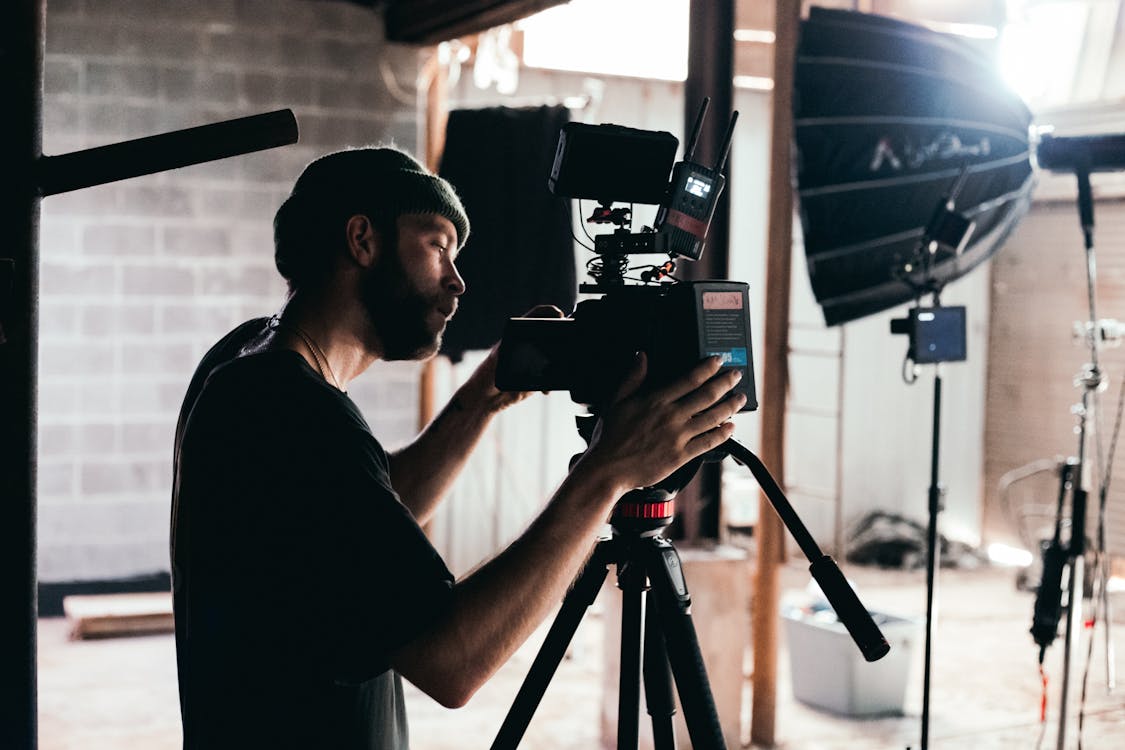
Understanding the Investment
Feature-length film production is a significant investment of time, resources, and energy. Unlike short films, which can often be produced on a shoestring budget, feature-length projects require a more substantial financial commitment. It’s essential to have a clear understanding of the costs involved, from pre-production through post-production and beyond. By planning ahead and budgeting wisely, you can avoid unexpected expenses and keep your project on track.
Budgeting and Fundraising
Creating a budget is the first step in preparing for the financial aspects of your feature-length film. Take the time to break down your expenses, including script development, casting, location scouting, production equipment, post-production, and distribution. Once you have a clear picture of your budget, it’s time to explore fundraising options. It requires persistence, patience, and a compelling pitch. Thankfully, we have a potential solution to the issue of securing financing. Check out the Unknown Nightmare website to learn more about how you could secure funding for a feature-length film.
Managing the Extended Timeline
Feature-length film production is a marathon, not a sprint. Unlike short films, which can often be produced relatively quickly, feature-length projects require a more extended timeline to develop, shoot, and edit. It’s essential to pace yourself and maintain realistic expectations about the time it will take to bring your vision to fruition. Anticipate delays, setbacks, and unexpected challenges along the way, and be prepared to adapt and problem-solve as needed. By managing your time effectively and staying organized, you can navigate the extended production timeline with confidence and keep your feature-length film on track for success.
Building Your Team and Network
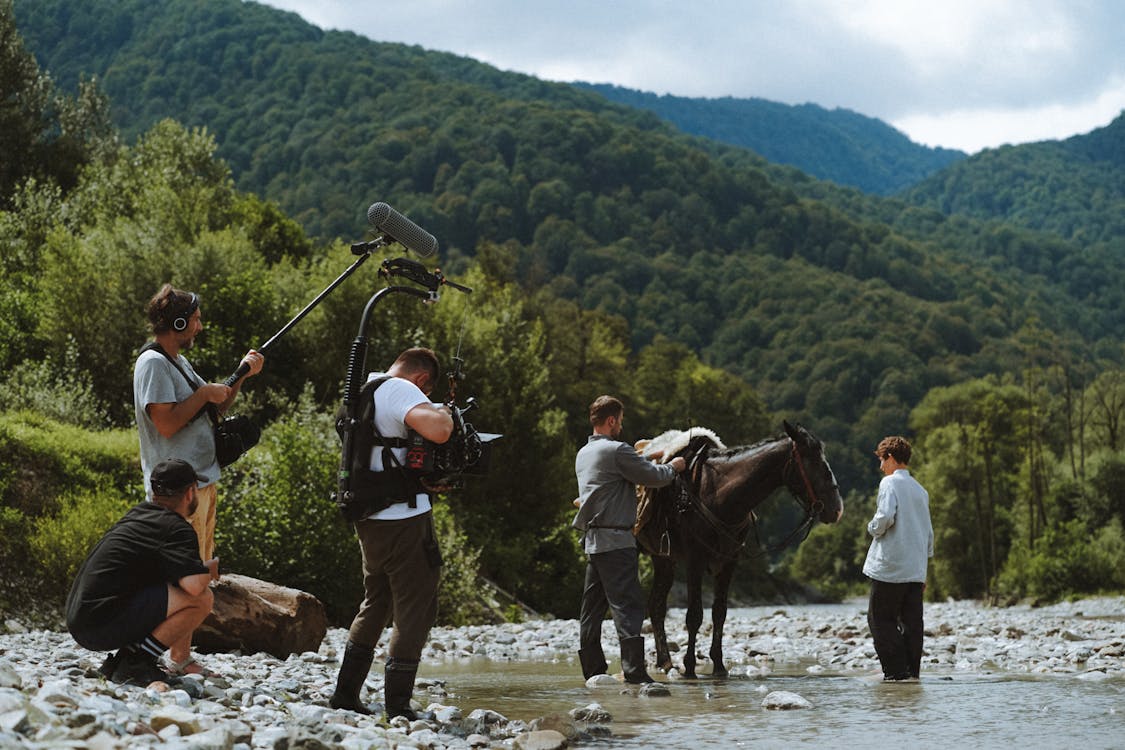
Assembling a Strong Team
The key to a successful feature-length film is assembling a strong and dedicated team of professionals who share your passion and vision. Whether it’s finding a talented director of photography, a skilled editor, or a reliable production designer, each member of your team plays a vital role in bringing your vision to life. Take the time to carefully vet potential collaborators, reviewing their past work, and ensuring they are the right fit for your project. Remember, collaboration is key, so seek out individuals who not only bring expertise to the table but also share your creative vision and values.
Networking Within the Industry
Networking is essential in the world of feature-length film production, providing opportunities to connect with fellow filmmakers, industry professionals, and potential investors. Attend film festivals, industry events, and networking mixers to expand your circle and forge meaningful connections within the industry. Don’t be afraid to introduce yourself, strike up conversations, and exchange contact information with like-minded individuals who share your passion for feature-length films. You never know where your next collaboration or opportunity may arise, so make the most of every networking opportunity.
Seeking Out Mentorship and Guidance
Navigating the world of feature-length film production can be daunting, especially for emerging filmmakers. That’s why seeking out mentorship and guidance from more experienced professionals can be invaluable. Reach out to established filmmakers, industry veterans, or film organizations in your area to inquire about mentorship programs, workshops, or resources available to support emerging talent. By learning from those who have walked the path before you, you can gain valuable insights, advice, and encouragement to help you succeed in your feature-length film endeavors.
In Conclusion
As you reach the end of this journey from shorts to a feature-length film, take a moment to reflect on how far you’ve come and the exciting possibilities that lie ahead. Transitioning your filmmaking career to the big screen is no small feat. Still, with dedication, perseverance, and a little bit of luck, you have the potential to create something truly extraordinary.
The journey of feature-length film production is a continuous one, filled with twists, turns, and surprises. As you move forward in your filmmaking career, continue to seek out opportunities for learning, growth, and self-improvement. Whether it’s attending workshops, collaborating with new talent, or experimenting with different genres and storytelling techniques, never stop challenging yourself to push the boundaries of your craft.
One final note! If you’re committed to getting involved in the world of feature-length films, check out the previously mentioned feature-film funding opportunity, Unknown Nightmare. Or, if you’re still dedicated to making short films, check out The Film Fund’s short film funding contest. You could earn up to $10,000 in funding for your short film and it all starts with a single sentence that explains your short film and why you need our help. Head to our entry page for more info!
